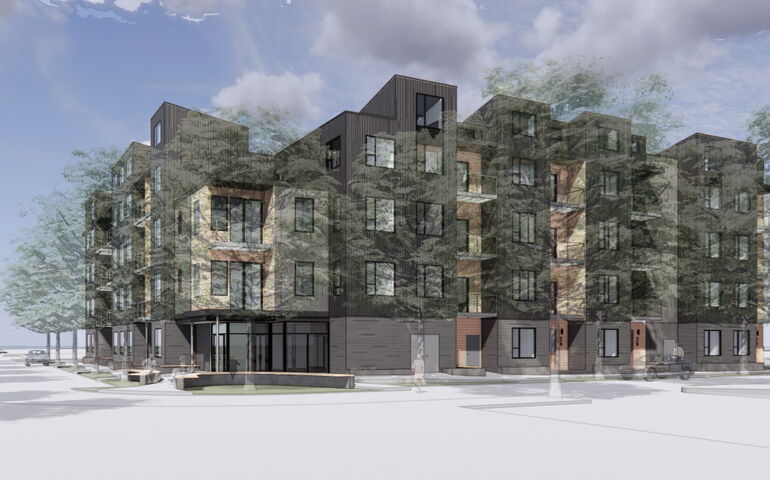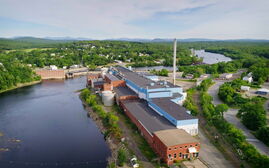Processing Your Payment
Please do not leave this page until complete. This can take a few moments.
- News
-
Editions
-
- Lists
-
Viewpoints
-
Our Events
-
Event Info
- Women's Leadership Forum 2025
- On the Road with Mainebiz in Bethel
- Health Care Forum 2025
- On The Road with Mainebiz in Greenville
- On The Road with Mainebiz in Waterville
- Small Business Forum 2025
- Outstanding Women in Business Reception 2025
- On The Road with Mainebiz in Bath
- 60 Ideas in 60 Minutes Portland 2025
- 40 Under 40 Awards Reception 2025
- On The Road with Mainebiz in Lewiston / Auburn
- 60 Ideas in 60 Minutes Bangor 2025
Award Honorees
- 2025 Business Leaders of the Year
- 2024 Women to Watch Honorees
- 2024 Business Leaders of the Year
- 2023 NextUp: 40 Under 40 Honorees
- 2023 Women to Watch Honorees
- 2023 Business Leaders of the Year
- 2022 NextUp: 40 Under 40 Honorees
- 2022 Women to Watch Honorees
- 2022 Business Leaders of the Year
-
-
Calendar
-
Biz Marketplace
- News
- Editions
- Lists
- Viewpoints
-
Our Events
Event Info
- View all Events
- Women's Leadership Forum 2025
- On the Road with Mainebiz in Bethel
- Health Care Forum 2025
- On The Road with Mainebiz in Greenville
- On The Road with Mainebiz in Waterville
- + More
Award Honorees
- 2025 Business Leaders of the Year
- 2024 Women to Watch Honorees
- 2024 Business Leaders of the Year
- 2023 NextUp: 40 Under 40 Honorees
- 2023 Women to Watch Honorees
- 2023 Business Leaders of the Year
- + More
- 2022 NextUp: 40 Under 40 Honorees
- 2022 Women to Watch Honorees
- 2022 Business Leaders of the Year
- Nomination Forms
- Calendar
- Biz Marketplace
Westbrook residential development is nation’s first to use TimberHP's insulation
 Courtesy New Ventures
The Seavey Terraces apartment complex in downtown Westbrook broke ground in October and is reportedly the first such project to use TimberHP wood fiber insulation.
Courtesy New Ventures
The Seavey Terraces apartment complex in downtown Westbrook broke ground in October and is reportedly the first such project to use TimberHP wood fiber insulation.
A multi-income residential development in downtown Westbrook will be the first residential project in the nation to use TimberHP wood fiber insulation, according to a news release.
In 2021, College of the Atlantic’s Davis Center for Human Ecology, in Bar Harbor,, was the first project overall to use TimberHP’s wood fiber insulation.
The first phase of the Westbrook project, the Seavey Terraces apartment complex, broke ground in October and will provide 65 units to serve as workforce housing at below-market rates. In all, the development will eventually add 168 new housing options to the area, with a mix of affordable, workforce and market-rate homes.
The development is a project of New Ventures, led by Portland developer Jack Soley and builder Tim Hebert of Hebert Construction in Lewiston.
Working with Simons Architects in Portland and New York City-based engineering firm Thorton Tomasetti, the three-phase development includes TimberHP’s wood fiber insulation.
TimberHP, led by Joshua Henry and Matthew O’Malia and operating in a retrofitted mill in Madison, makes high-performance wood fiber insulation for homes and other buildings. Conceived in 2015, the startup is the first U.S. company to make the product.
The insulation is made from wood chips left over from lumber production.
“By embracing TimberHP's TimberFill, we're not just constructing homes; we're pioneering a movement towards more energy-efficient and healthier living environments,” said Soley.
Soley said conventional insulation can cause problems with occupant health and long-term building resilience, by adding unwanted chemicals that can off-gas and by trapping moisture that can result in mold and rot.
TimberHP’s insulation is nearly all wood and manages moisture better than other products on the market, according to the release. Borate salt, added to softwood fiber to guard against fire and serve as a wood preservative, is the only additive to the company’s blow-in insulation.
“This insulation not only enhances energy efficiency but also prioritizes the well-being of our residents and the environment,” said Hebert. “In addition, TimberFill exceeded the R-value that was originally specified with cellulose and came in at the same price point.”













0 Comments